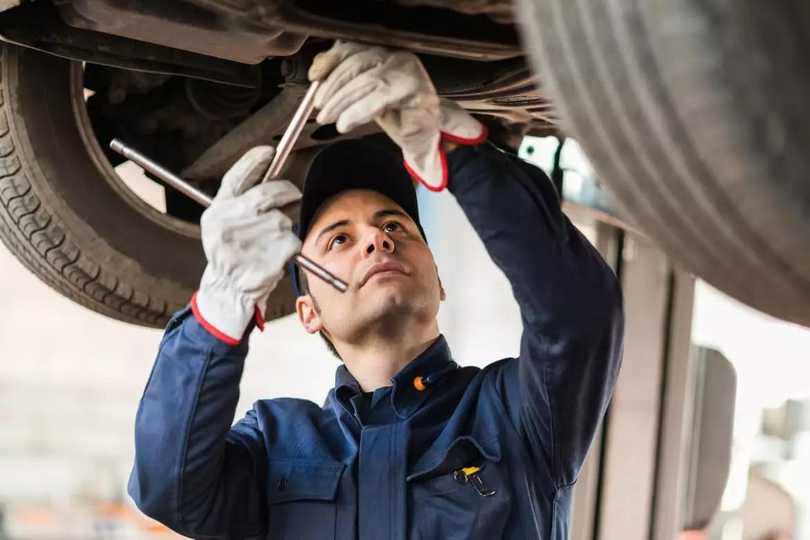As the debate between legislators and aftermarket auto repair shops heats up, it has been a common occurrence for the original equipment manufacturers to claim “only we can properly repair your vehicle because we have factory support”. In addition to this old story, a new argument has arisen, now the O.E.s claim “only we can protect your data” and pro-repair reforms will undermine your security and privacy”.
The basis of this issue is what the organizations that are fighting for the aftermarket repair industries right to repair is called “ benevolent monopoly” which translates to “only the O.E.s are capable of doing things right and are the only ones who can be trusted. The O.E.s continue the false hoods by stating that everything will go horribly wrong if a third party repair facility uses their methods of repair on our vehicle, this writer is overwhelmed by the O.E.s benevolence in their attempt to protect John Q Public from us.
The Repair Act would allow a vehicle owner to access and direct car maintenance data to a third party. The myth continues by implying that the manufacturer or the dealer is the only party with the parts, tools and information needed and they can charge whatever they want. In reality dealer service facilities are know to overcharge for their services and also try to upsell the vehicle owner into buying something that may not be needed. Not to mention the sometimes long waiting periods to get the work completed. So what is the solution? The solution is to ensure there is competition by allowing vehicle owners to find their repair facility of their own choice.
Unfortunately as repairs become more reliant on software and the Internet, manufacturers have many more opportunities to control what users do, gather and monetize data from their products without paying for it and restrict repair and service.
The manufacturers claim that their refusal to allow others to access repair and maintenance data is due to their commitment to user privacy and security. This seems to conflict with certain recent developments such as how Tesla employees shared videos and images of customers in their car in sensitive situations.
There are legitimate fears about vehicles connected to the Internet, BUT a local repair shop getting data about your automatic transmission running hotter than normal is not one of them.
The owner of a vehicle should have full ownership of any and all data their vehicles generate. If they want to view that data to check on repair or maintenance issues, or share that data with the technician of their own choice, it should be the vehicle owners choice, not at the whim of the company the vehicle was purchased from. The fight for the right to repair continues……stay tuned.


